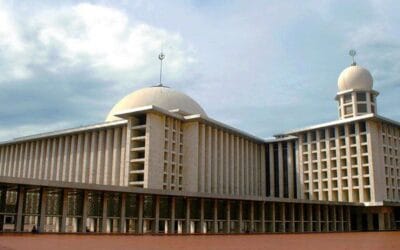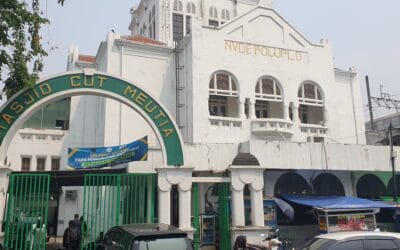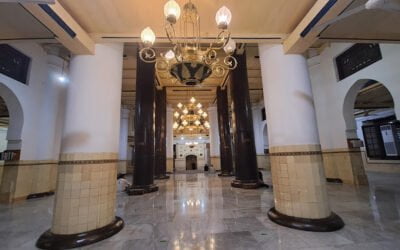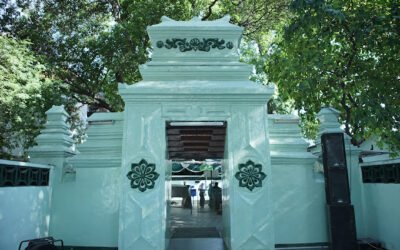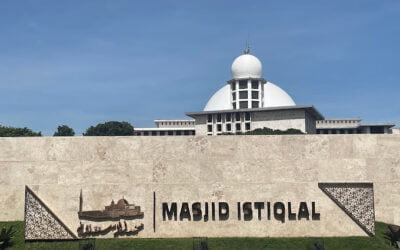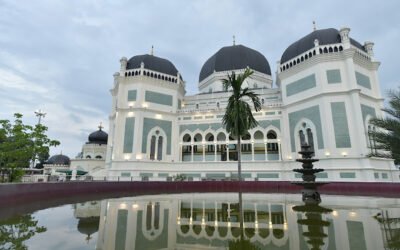Musjid Kuno Bayan Beleq
- The name “Bayan” is derived from the Arabic word meaning “illuminator” or “one who brings light.” Since the 16th century, Islam was introduced to this region by mubaligh (missionaries) who were also traders at the Labuan Carik (Carik Port). The local rulers, known as Datu Bayan, embraced Islam as the official religion of their kingdom. Historically, the indigenous people of Bayan followed a belief system known as Wetu Telu, which has been interpreted as a form of traditional Islam unique to the region.
- The term Wetu Telu or Sesepen is understood as a process of learning about the essence of self and a traditional interpretation of Islam. One of the key rituals that reflect the Wetu Telu belief is the Maulid Adat Bayan ceremony, where the Praja Maulud procession symbolizes Adam and Eve, regarded as the ancestors of humankind.
- This musjid, with its distinctive traditional architecture, has long served as a focal point for religious and cultural activities in the village. The spread of Islam in Bayan was also shaped by the efforts of local leaders who sought to preserve and promote Islamic teachings while still respecting the local customs.
Rules for Entering The Bayan Beleq Old Mosque
- Wear Traditional Clothing: Women are required to wear traditional kain (a long cloth wrap), and men must wear kain along with a sapuk (a traditional headpiece).
- Women who are on their period are not allowed to enter.
- Obtain permission from the staff before entering.
- Sign the visitor log book.
- Keep the musjid area clean.
Cultural Events/Rituals in The Bayan Beleq Old Mosque
Maulid Adat
This ritual symbolizes the birth of the Prophet Muhammad (Sallallaahu ‘Alayhi Wa Sallam), believed to be descended from Adam and Hawa, and takes place in the month of Rabi’ al-Awwal, the third month of the Islamic calendar.
Gawe Lohor
A ritual to seek God’s mercy and blessings, praying that all His creatures are protected from misfortunes.
Gawe Beleq (Circumcision)
A mass circumcision event and a series of activities lasting 7 or 4 days, with the hope that the children who are circumcised will grow into righteous individuals.
Ngaji Makam
A ritual of gratitude by the Bayan community to the Almighty Allah for the abundant harvest.

